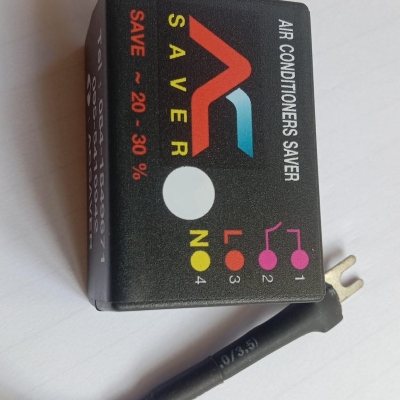Empowering Developers: The Driving Force of Innovation in Decentralized Networks
As decentralized networks continue to evolve, developers have become the pivotal figures driving both growth and innovation. They are not merely application builders; they are visionaries shaping the future of digital infrastructure. Understanding their central role in this revolution, as well as how their ambitions can be realized through supportive technology, is crucial for comprehending the broader impact of decentralized networks.
The Power of Developers in Decentralized Networks
Vision and Innovation: Developers are the creative engine behind decentralized networks. Their capacity to envision new possibilities—such as decentralized finance (DeFi), non-fungible tokens (NFTs), and autonomous organizations—has fueled the rapid expansion of the blockchain ecosystem. These innovations often stem from a desire to bypass the limitations and inefficiencies of centralized systems, paving the way for more equitable and transparent platforms.
Overcoming Technological Barriers: Historically, technology has both empowered and constrained developers. Early blockchain platforms like Bitcoin introduced a revolutionary way to achieve decentralized consensus but also had significant limitations in scalability, programmability, and energy efficiency. For instance, Bitcoin’s limited scripting language restricted the creation of complex decentralized applications (dApps), leading to the development of Ethereum, the first blockchain to introduce smart contracts.
The advent of smart contracts on Ethereum opened the floodgates for developer innovation, allowing for the creation of dApps that could automate transactions, enforce agreements, and build decentralized ecosystems. However, Ethereum’s scalability issues, such as high gas fees and slow transaction times during peak periods, have presented challenges for developers, often limiting the scope and efficiency of their projects.
How Technology is Enabling Developer Dreams
Scalability Solutions: To truly empower developers, decentralized networks must address scalability—ensuring that as networks grow, they can handle increased transaction volumes without compromising performance. Innovations like Ethereum’s transition to Proof of Stake (PoS) and the introduction of sharding are steps in the right direction but are not the ultimate solutions.
Platforms like Koii take scalability further by introducing SCALEs (Succinct Curated Acyclic Ledger Extensions), enabling developers to manage large datasets off-chain while still securely anchoring them to the blockchain. This approach not only enhances network efficiency but also allows developers to create more complex and data-intensive applications without being hindered by the limitations of the underlying infrastructure.
Data Management and Storage: Effective data management is another critical area where developers need robust solutions. On platforms like Bitcoin and Ethereum, the growing size of the blockchain can become cumbersome, making it difficult for nodes to store and process the entire ledger. This challenge is exacerbated by innovations like Bitcoin's Ordinals and Inscriptions, which have significantly increased the amount of data stored on-chain.
Koii’s approach to decentralized storage leverages underutilized consumer hardware, providing a more distributed and cost-effective method for managing data. By tapping into the unused computational power of everyday devices, Koii enables developers to build applications that are not only decentralized but also scalable and sustainable.
Reputation and Trust Management: In decentralized networks, trust is often decentralized as well, making reputation systems crucial for ensuring that participants act in good faith. Without robust reputation mechanisms, networks are vulnerable to exploits and scams, which can undermine trust and deter participation.
Koii addresses this challenge with its Compute Attribution and Reputation Protocol (CARP), which integrates reputation management directly into the network’s operations. This system rewards developers and participants who contribute positively to the network, fostering a more secure and trustworthy environment for building and interacting.
Energy Efficiency: As environmental concerns gain prominence, the energy efficiency of decentralized networks has come under scrutiny. Traditional Proof of Work (PoW) systems, like those used by Bitcoin, are notorious for their energy-intensive operations, raising questions about their sustainability.
To address this, Ethereum’s shift to PoS marked a significant move toward reducing the carbon footprint of blockchain networks. However, Koii’s approach goes further by utilizing idle consumer hardware for decentralized computation.
https://bit.ly/3yqqpl0
Kedelig
Dette opslag har fået omfattende feedback fra brugere for at være monotont og alt for gentagende.













